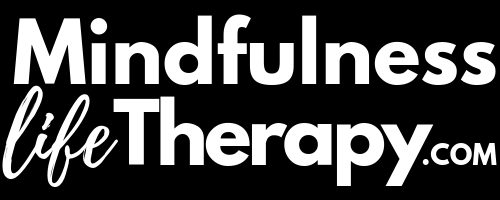mindfulness
Mindfulness can often seem to imply a complacency: “be in the present moment without reacting. To be still and have no thoughts”, Mindfulness is merely the practise of encouraging us to witness and be inquisitive of the fluctuations and changes that occur in our physical, emotional and mental states. When we gather our energy around a particular object of focus (such as the breath), we allow ourselves the opportunity to relate to our experiences in a different way. To respond effectively with our empowered choice, rather the react from our ingrained behaviour patterns or triggers of our past pains and traumas.
We do not immediately draw a conclusion from what we are noticing unfolding in our bodies, minds and thoughts, we do not hold on, or push away. And we do not add on things like ‘it will be forever’ or ‘it is all my fault’ to what is going on. Instead we come back to our actual experience. We distinguish between actual experience and add-ons. Then we have choice. The fewer distortions we have, then our relationship to our experience gets clearer and clearer.”
Mindfulness allows us to examine the movie our mind creates about ourselves and the world around us. When we use mindfulness to actively engage and be curious about our experience of our internal world, mindfulness becomes the way in which we gain deeper personal insight.
Mindfulness has been proven be beneficial in a number of areas of one’s life; including in the elevation of stress and anxiety, increase focus, increase emotional intelligence, improve emotional regulation, increase resilience, improve physical well-being, increase feelings of empathy and compassion and even improve creativity. This is why Mindfulness is central to the therapeutic process with Mindfulness Life Therapy.
